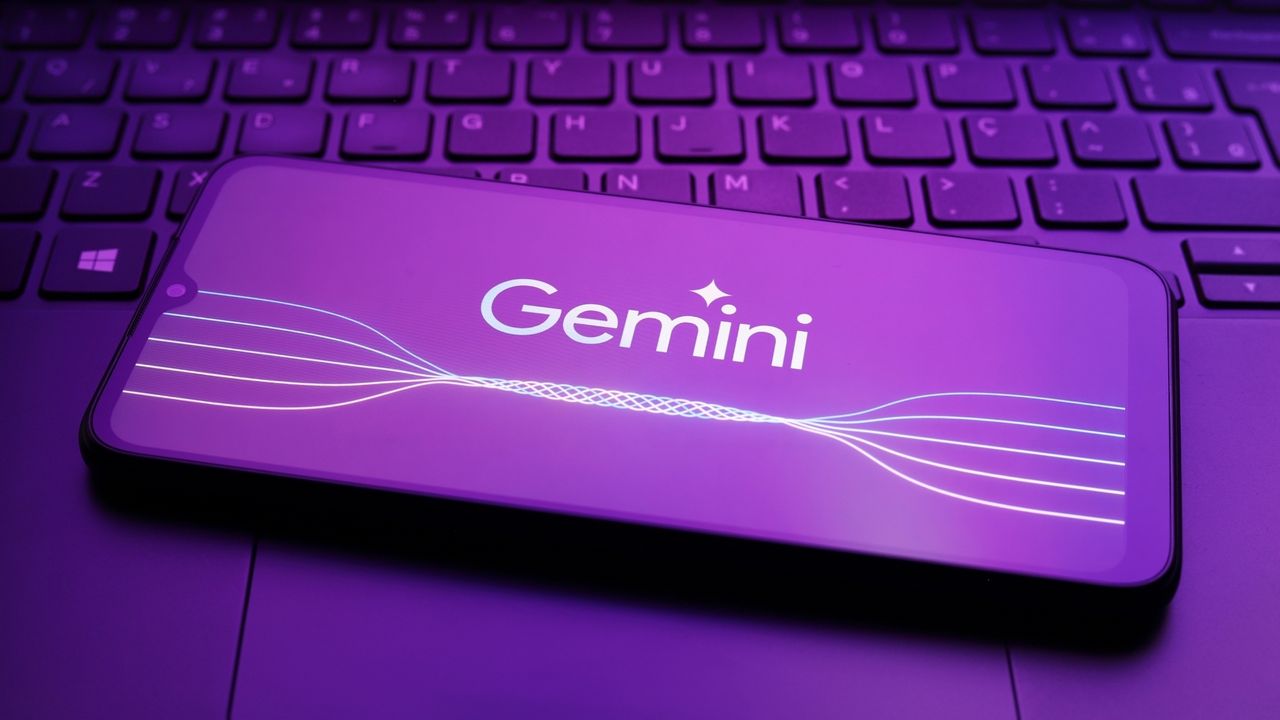Sometimes, people assume that solving the digital divide begins and ends at giving everyone internet access. But what good is a connection if it’s too slow for you to actually do anything? That’s why taking broadband speeds into account is critical. Unfortunately, a new report found that the digital divide increased in 32 states as the U.S. struggles to provide high-speed broadband nationwide.
In a new report analyzing data from July to December 2024, Ookla, an internet analysis site, found that only 22 states are meeting the Federal Communications Commission’s minimum standard for fixed broadband speeds. Although that’s a solid increase from only nine states in the first half of 2024, improvement was mostly seen in urban areas. As a result, the overall gap between communities widened in 32 states. According to Ookla, Washington, Oregon, Illinois, and Missouri have the largest divides between rural and urban communities.
Last year, the FCC increased its minimum standard for broadband speed for the first time in a decade. Previously, it was stuck at 25 megabits per second and upload speeds of 3 megabits per second. It got a dramatic push to 100 Mbps/20 Mpbs. In a statement, chairwoman Jessica Rosenworcel said that the “overdue” change aligned with the Bipartisan Infrastructure Law and “helps us better identify the extent to which low-income neighborhoods and rural communities are underserved.”
While Ookla’s data is a bit disheartening, the cause behind the growing divide isn’t a total mystery. Sue Market, the report’s author, told CNET, “We suspect that some of this [broadband] divide was attributed to the [Affordable Connectivity Program] ending. We might see some more examples of that by the end of 2025.”
The short-lived ACP gave low-income households a monthly credit of up to $30 per month, or $75 per month for households in tribal lands, to apply towards their internet bill. It also provided one-time discounts for a laptop, desktop computer, or tablet. According to the FCC, 23 million households were enrolled in the program. However, it ended last June after Congress failed to provide additional funding.
Ookla’s report also comes only weeks after Trump threatened to end the Digital Equity Act while slamming it as “racist” and “unconstitutional”. But while there are plenty of setbacks to closing the digital divide, there have been some improvements. According to FCC data, the number of locations that can provide services meeting its minimum broadband speeds increased by 2.6 million between June 2023 and 2024. In addition, the FCC found that the number of locations with cable broadband services increased by 1.1 million.
Per Ookla, part of that expansion is likely due to government funding through programs like the Digital Equity Capacity Grant program and the Rural Digital Opportunity Fund.
Last month, the Broadband Equity, Access, and Deployment Program to expand high-speed internet access was delayed by the Trump administration. BEAD was originally designed to prioritize fiber networks. But with the program’s delay, the National Telecommunications and Information Administration announced that it was undertaking a detailed review to “remove unnecessary rules and mandates, to improve efficiency, and take a more technology-neutral approach, cut unnecessary red tape, and streamline deployment.”
Why? Well, in March, reports indicated that Howard Lutnick, the commerce secretary, was telling program leaders to prioritize less-reliable satellite internet. Per CNET, the only satellite internet provider that would currently qualify is Starlink, which is owned by Trump buddy Elon Musk. And coincidentally, it turns out that Lutnick had also mentioned Musk by name.
Even with the BEAD program’s delays, Ookla said that it “expect[s] to see more developments in broadband coverage through 2025.”




